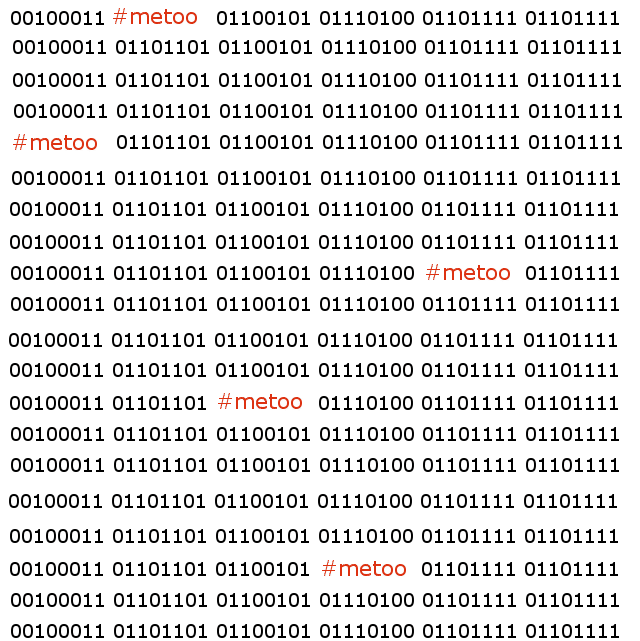China has developed a Big Brother-like system of surveillance and big-data technology to monitor and incriminate ethnic minorities by using their personal information to deem them government threats.
Tag: privacy
Updated: A New Lobbying Group is fighting Right to Repair Laws
Consumer advocates and proponents of right to repair laws in 17 states have a new enemy to worry about. The Security Innovation Center, with backing of powerful tech industry groups, is arguing that letting consumers fix their own devices will empower hackers.*
Episode 77: From Russian Hacking to Mr. Robot Our Most Popular Podcasts of 2017
In this, our final episode of 2017, we look back at our most popular segments from the past year – many of which touched on issues that (surprise, surprise) crossed the boundary between information security and politics. Among the most popular segments were discussions of hacking the U.S. election systems, a primer on the cyber capabilities of North Korea with Crowd Strike, a conversation of the case against the Russian firm Kaspersky Lab and an interview with the guy who helps make the hacking scenes in the USA Network’s Mr. Robot look so real.
WeChat set to become China’s official electronic ID | Security Affairs
Officials in the Nansha District of Guangzhou, China plan to allow citizens to use the WeChat social networking application as a form of official identification for access government and private sector services, Security Affairs reports.
Podcast: Infosec has a #MeToo Problem also TOR-ifying Wikipedia
In this week’s Security Ledger Podcast, we talk with Genevieve Southwick, CEO of the B-Sides Las Vegas hacker conference about the information security industry’s #metoo problem and what steps conference organizers are taking to stem sexual assault and harassment at information security events. Also: researcher Alec Muffet talks with us about making a TOR version of Wikipedia (and why it’s not sticking around). Finally, Martin McKeay of Akamai talks about the state of Internet security one year after Mirai. (Spoiler alert: Mirai is still a problem.)





